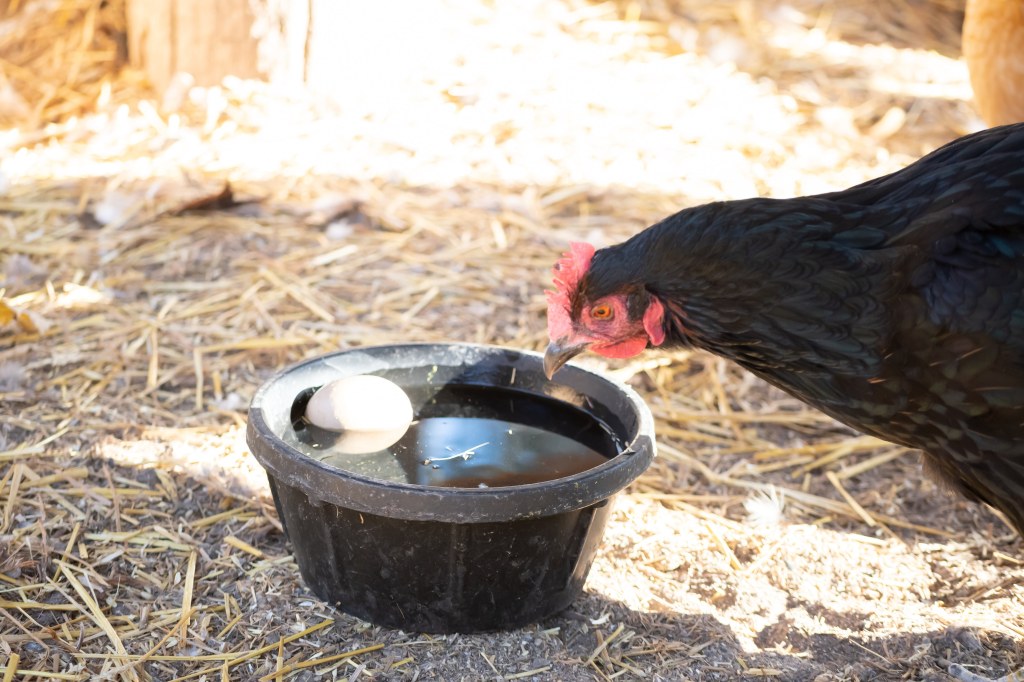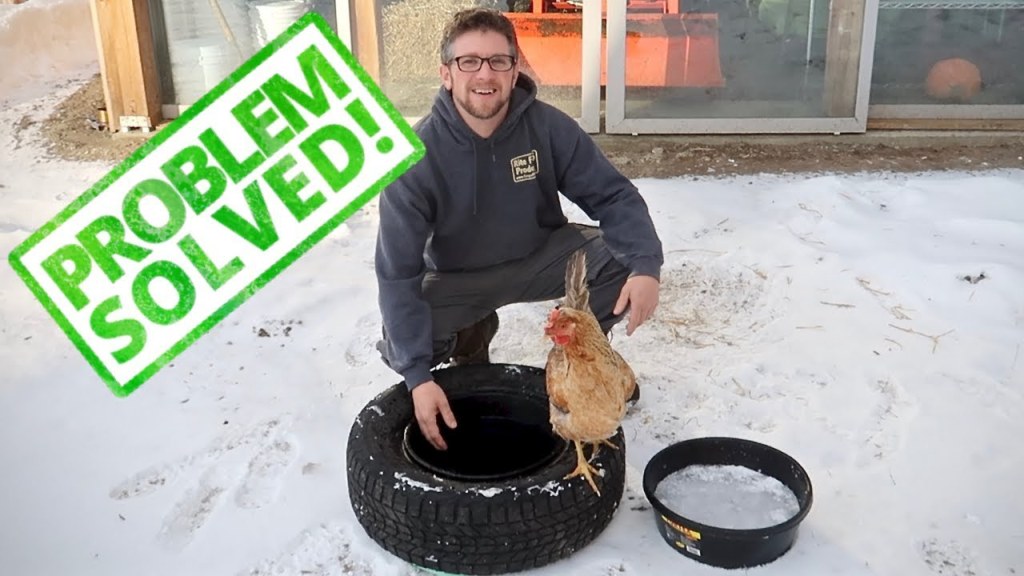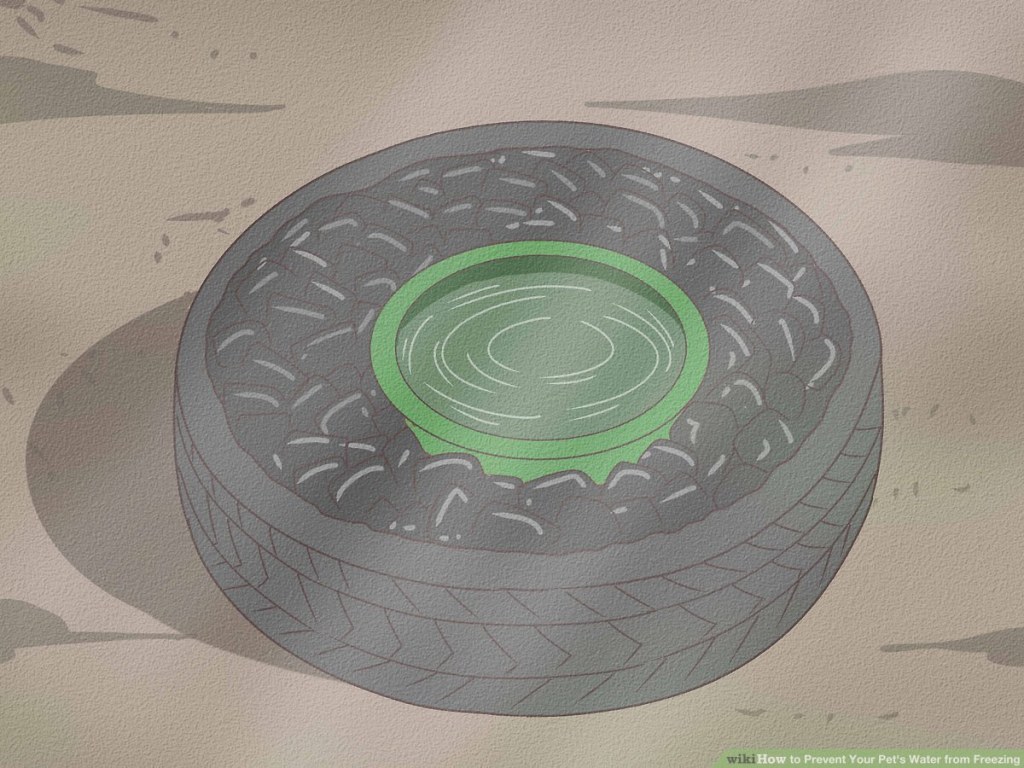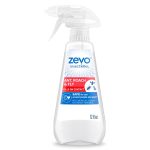Ultimate Guide: How To Keep Pets’ Water From Freezing Outside – Never Let Your Beloved Pets Go Thirsty Again!
How to Keep Pets’ Water from Freezing Outside
Introduction
Hello Pets Lovers,
3 Picture Gallery: Ultimate Guide: How To Keep Pets’ Water From Freezing Outside – Never Let Your Beloved Pets Go Thirsty Again!



Welcome to our informative article on how to keep your pets’ water from freezing outside. As pet owners, we understand the challenges of ensuring our furry friends have access to fresh water, especially during the cold winter months. In this article, we will discuss various methods and tips to prevent your pets’ water from freezing, ensuring their health and well-being. Let’s dive in!
What is the problem?

Image Source: shopify.com
During winter, it is common for pets’ water to freeze, making it difficult for them to stay hydrated. This can lead to dehydration and other health issues. As responsible pet owners, it is crucial to find solutions to keep their water from freezing.
Who does it affect?
This issue affects all pet owners who have outdoor pets or keep their pets outside during the winter months. Dogs, cats, rabbits, and other animals require access to fresh water at all times.
When does it happen?

Image Source: ytimg.com
The problem of pets’ water freezing occurs primarily during the colder months, especially in regions with sub-zero temperatures. It is essential to address this issue promptly to ensure your pets’ well-being.
Where does it occur?
This issue can happen anywhere with cold weather conditions. Whether you live in a snowy region or experience occasional freezing temperatures, it is crucial to protect your pets’ water from freezing.
Why is it important?

Image Source: wikihow.com
Keeping your pets’ water from freezing is vital to ensure they stay hydrated and maintain optimal health. Dehydration can lead to various health problems, including kidney issues, urinary tract infections, and even organ failure. Preventing frozen water is a crucial aspect of responsible pet ownership.
How to keep pets’ water from freezing outside?
Now let’s explore some effective methods to prevent your pets’ water from freezing:
1. Use heated water bowls or dishes
Using heated water bowls or dishes specifically designed for pets is an excellent solution to keep their water from freezing. These bowls have built-in heating elements that keep the water at a suitable temperature throughout the day.
2. Insulate the water container
Insulating the water container can help prevent freezing. You can use insulating materials such as foam or bubble wrap to cover the container and retain heat. Make sure to leave the opening accessible for your pets to drink from.
3. Place the water container in a sheltered area
Positioning the water container in a sheltered area can provide some protection against freezing. Choose a location that is shielded from the wind and direct exposure to cold temperatures. This can help maintain the water’s temperature for a longer period.
4. Use heated pet waterers
Heated pet waterers are specially designed to keep your pets’ water from freezing. These devices have a built-in heating mechanism that ensures the water remains at a suitable temperature despite the cold weather outside.
5. Change the water frequently
Regularly changing the water in your pets’ bowls or dishes can help prevent freezing. By replacing the water with fresh, unfrozen water, you ensure that your pets always have access to liquid water.
6. Add a thermal water cover
A thermal water cover is a great accessory to keep your pets’ water from freezing. These covers provide an extra layer of insulation, preventing the water from reaching freezing temperatures.
7. Consider using heated mats or pads
Heated mats or pads placed underneath the water container can help maintain the water’s temperature and prevent freezing. These mats are safe for pets and provide gentle heat to keep the water from solidifying.
Advantages and Disadvantages
Advantages:
1. Ensures your pets stay hydrated even in freezing temperatures.
2. Prevents the risk of dehydration and associated health issues.
3. Easy to implement and maintain.
4. Promotes responsible pet ownership.
5. Improves overall well-being and comfort of your pets.
Disadvantages:
1. Some solutions may require an initial investment.
2. Heated water bowls or devices may consume electricity.
3. Regular monitoring and maintenance may be necessary.
4. Certain solutions may not be suitable for all pets or environments.
5. Extreme cold conditions may still pose challenges despite preventive measures.
Frequently Asked Questions (FAQs)
1. Can I use a regular heating pad for my pets’ water?
No, it is not recommended to use regular heating pads designed for humans. They may not be safe for pets and can pose a risk of burns or electrocution. It is best to use heating devices specifically designed for pets.
2. How often should I change the water in the bowls?
It is advisable to change the water in your pets’ bowls at least twice a day to ensure it remains unfrozen and fresh.
3. Can I use salt or antifreeze to prevent freezing?
No, using salt or antifreeze in your pets’ water is highly dangerous and can be lethal if ingested. These substances are toxic to animals and should never be used as a preventive measure.
4. Are there any natural methods to prevent freezing?
While there are some natural methods like using solar-powered water bowls or insulating with natural materials, they may not be as effective in extreme cold conditions. It is best to use reliable heating solutions for optimal results.
5. What should I do if my pet’s water still freezes despite preventive measures?
If your pet’s water freezes despite your best efforts, remove the frozen water and replace it with fresh, unfrozen water immediately. Consider using additional preventive measures or consulting a veterinarian for further advice.
Conclusion
Ensuring your pets have access to unfrozen water is crucial for their health and well-being, especially during cold winter months. By implementing the methods mentioned in this article, you can prevent your pets’ water from freezing outside. Remember, responsible pet ownership includes providing them with fresh water at all times. Stay proactive, keep your pets hydrated, and enjoy a wonderful time with your furry companions, even during the winter season.
Final Remarks
Pets Buddy appreciates your dedication towards your pets’ well-being. While the methods mentioned in this article are effective, it is always essential to observe your pets’ behavior and consult a veterinarian for personalized advice. Stay informed, stay compassionate, and keep your pets happy and healthy throughout the year. Disclaimer: The information provided in this article is for educational purposes only and should not replace professional veterinary guidance. Always consult with a qualified veterinarian for advice tailored to your specific pet’s needs.
This post topic: Pets



